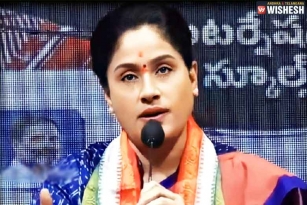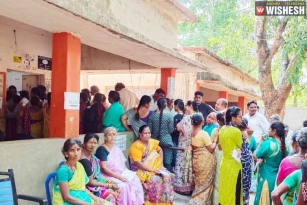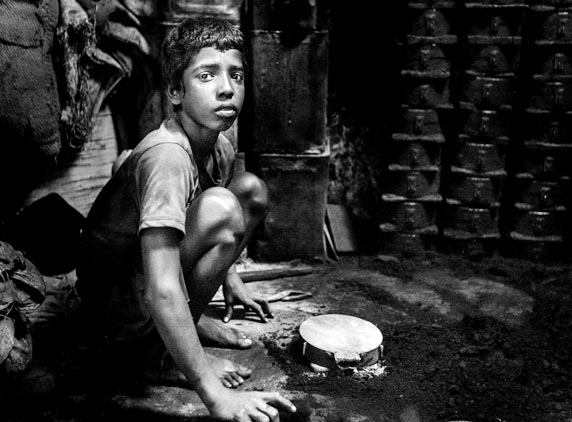
Arousing a feeling of interest, ten leading international organizations are calling on ministers of labor around the globe in a letter released at the beginning of the week to protect child domestic workers. They are also calling to ratify the ILO International Labour Organization Domestic Workers Convention (Convention 189 concerning Decent Work for Domestic Workers).
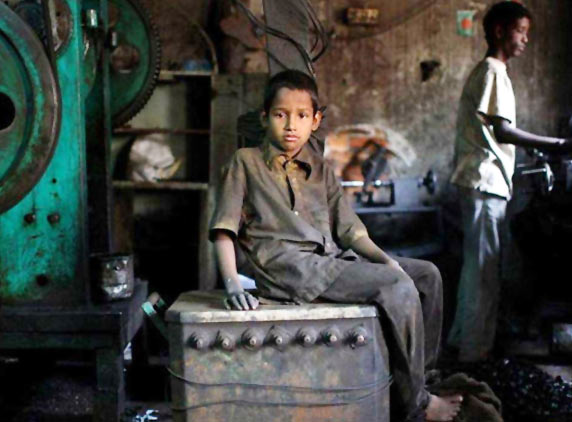
Furthermore, this agreement which was adopted in June 2011, will help eliminate child domestic labor and improve the lives of an estimated 15 million child domestic workers. In fact, the International Labor Organization (ILO) estimates that children make up nearly 30 percent of the world’s estimated 50 million to 100 million domestic workers. These children often work long hours for little pay, and are particularly vulnerable to trafficking, forced labor, and physical and sexual abuse. The ILO has announced that the 2013 World Day Against Child Labor, observed worldwide on June 12, will focus this year on child domestic labor.
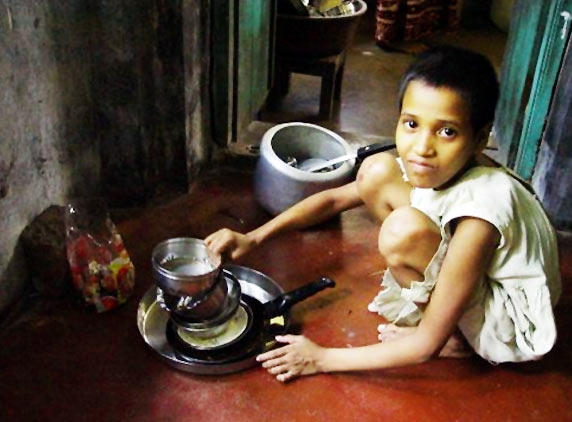
According to Kailash Satyarthi, chairperson of the Global March Against Child Labour, one of the organizations signing the letter, Governments can help millions of the world’s most vulnerable working children by ratifying the Domestic Workers Convention. He continued saying that child domestic labor is hidden slavery. Therefore, it’s unacceptable and it is the responsibility of governments to reestablish freedom, dignity, and childhood to keep the promises they have been making.
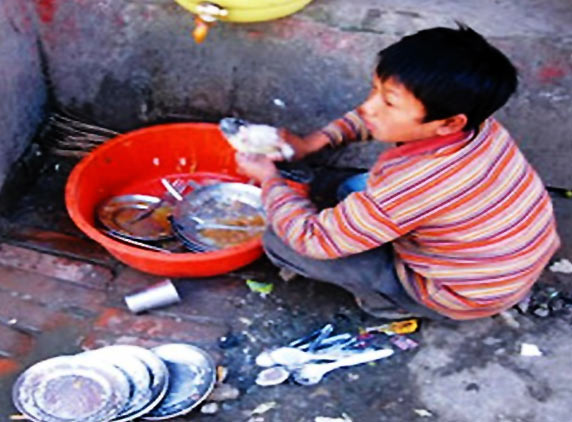
As a matter of fact, the Domestic Workers Convention extends basic labor rights to domestic workers, who are often excluded from national labor laws. Under the convention, domestic workers are entitled to the same rights as other workers, including weekly days off, limits to hours of work, minimum wage coverage, and overtime compensation while the convention also obliges governments to take steps to eliminate child labor in domestic work and to protect child domestic workers who can work legally, by setting a minimum age for domestic work in line with existing ILO conventions, and ensuring that work by children above that age does not deprive them of education.
Jo Becker, children’s rights advocacy director for Human Rights Watch said that even girls in domestic work are hidden in private homes, where they are more likely to be abused and less likely to get an education and that Governments can make a dramatic change in these children’s lives by putting the new convention into practice.
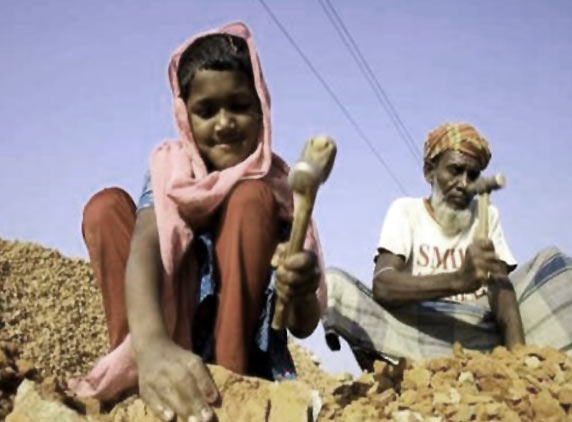
The letter’s signers pushed last Monday that governments use World Day Against Child Labor to announce publicly that they have ratified the convention or intend to. Four governments have approved the convention so far as Uruguay, the Philippines, Mauritius, and Italy, and at least 48 countries have submitted the convention to their parliaments or other bodies for consideration and that the organizations signing the letter included child rights, human rights, and humanitarian organizations that operate in more than 135 countries worldwide.
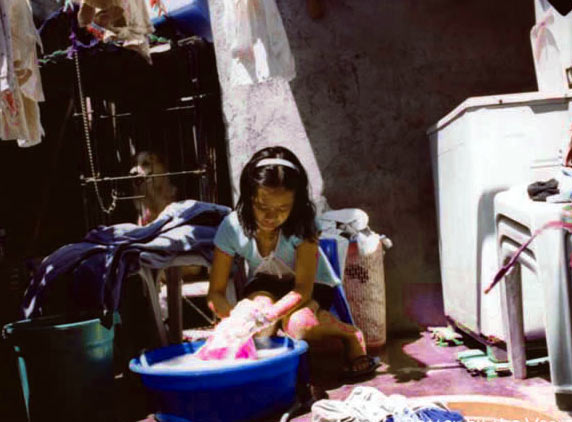
They include, Amnesty International, Anti-Slavery International, Defence for Children International, Child Rights International Network, Global March Against Child Labour, Human Rights Watch, the International Domestic Worker Network, International Labor Rights Forum, Plan International, and World Vision.
Encouraging child labor is genuinely a social crime and need to be abolished for giving them a better education, better health and better life.
We must not forget that the tender hands are meant to hold books and the young brains for gaining knowledge.
Image source: search on child domestic labor
(AW:Samrat Biswas)







